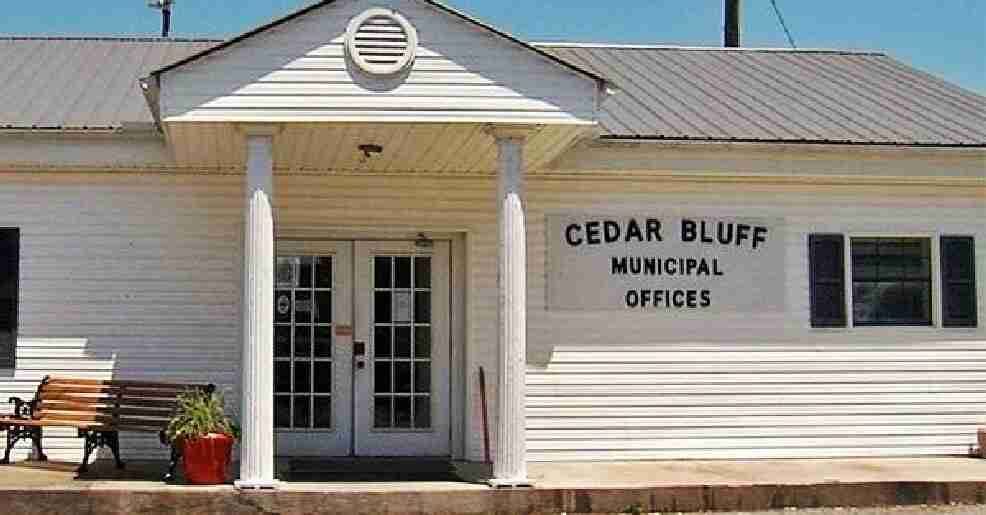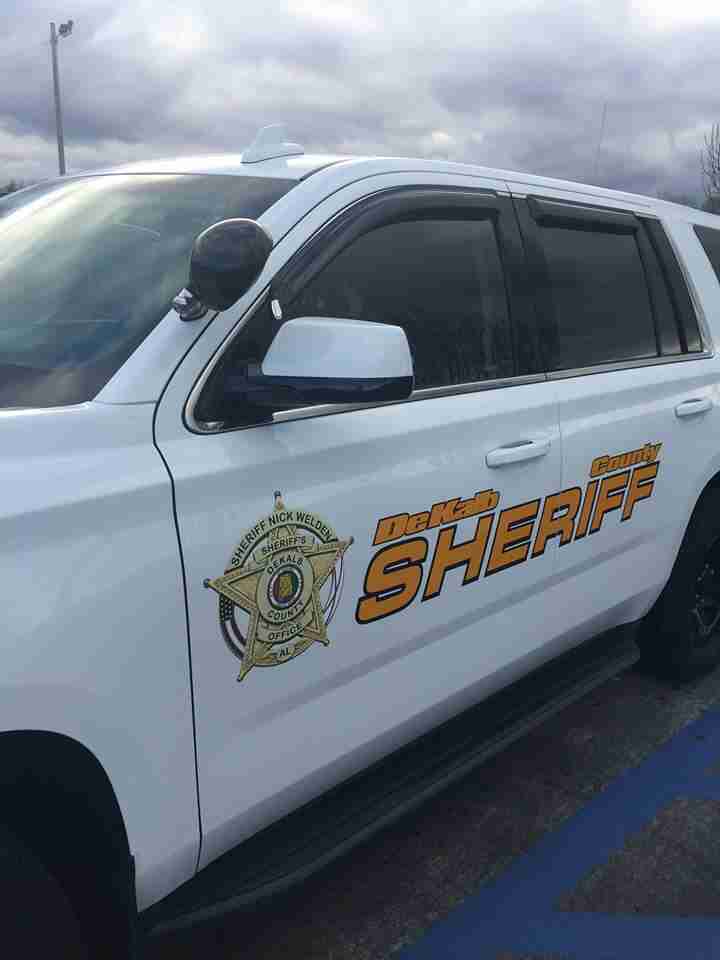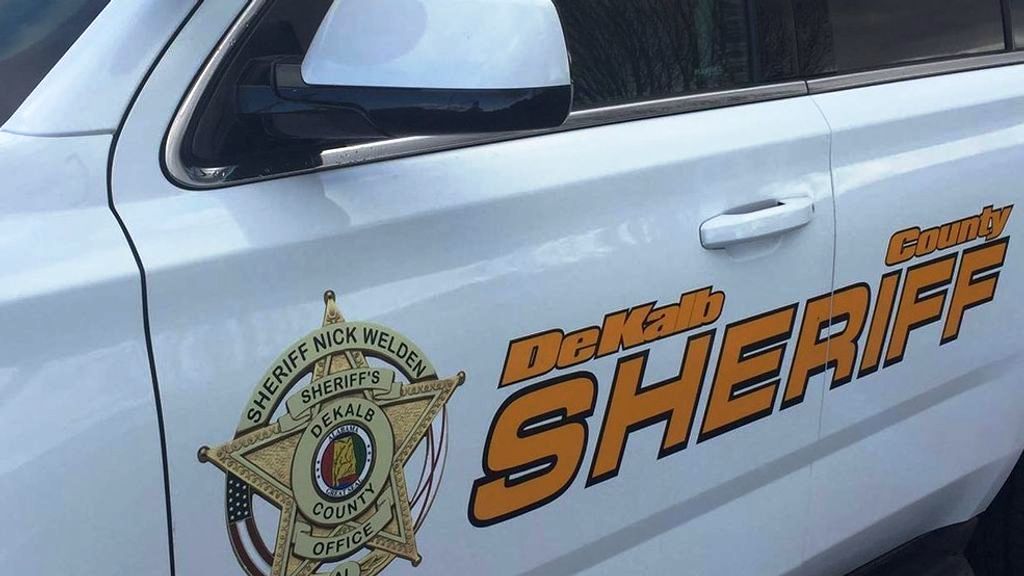
(COLORADO SPRINGS, Colo.) — Dr. Laura Trujillo was asleep early Sunday morning when she got the call to go into work at Centura Penrose Hospital in Colorado Springs, Colorado.
At least five people were killed in a mass shooting at nearby Club Q, a nightclub that primarily serves the LGBTQ community.
Of the additional 19 people injured, in what police are investigating as a hate crime, seven were transported to Centura Penrose.
“Because it was the middle of the night and I was on call the 24 hours before, I was actually asleep when my partner called me,” Trujillo, a trauma surgeon at the hospital, told ABC News. “I got the first call a little after midnight. That’s when the word was coming into our systems that it might be possibly more than a few patients.”
Trujillo said there’s a 30-minute grace period from the time backup hospital staff are called to when they arrived, but she said it only took her 15 to 20 minutes to get to Centura Penrose.
“By that time, it was just a few minutes after EMS and the police had dropped off the patients kind of all at once, actually,” Trujillo said. “And so, we had some in the hallway who were more stable and some in the rooms.”
With an event like this, Trujillo said the first step is an assessment to make sure a patient’s breathing, heart rate, blood pressure and circulation are stable and to check the extent of the injuries.
Among patients with gunshot wounds, injuries to the arms and legs are typically less severe than injuries to the chest or abdomen, she said.
After scans to make sure there are few to no internal injuries, patients who are more stable will typically receive bedside care while those who are in critical condition will be rushed to the operating room.
“There were definitely a lot of bodies, a lot of people present, a lot of people working,” Trujillo said. “It was chaotic, but well controlled. Everyone had a role.”
She continued, “Our role as trauma surgeons is to kind of coordinate and oversee all of it. So, my partner and I were kind of spinning through rooms just sort of checking on everybody, making sure people’s vitals were stable, figuring out what imaging they needed met, or where they would be going after the ER.”
Trujillo declined to elaborate more on the injuries the Club Q victims had to prevent identifying patients but said the extent “ran from more worrisome to less.”
As of Monday morning, of the seven patients who initially were taken to Centura Penrose, four have been discharged and three remain hospitalized in stable condition.
To be declared eligible for discharge, Trujillo said patients will get evaluated, if needed, by physical and occupational therapists, to see if they need equipment to leave the hospital or enter short-term rehabilitation.
Additionally, hospital staff will make sure patients’ vitals are stable and their pain is under control.
Trujillo said although she has been trained to respond to patients who are victims of a mass shooting, it’s the first time she’s ever had to do so.
“This is the first mass casualty assistance that my partner and I have needed to be a part of,” she said. “Obviously, we’re used to taking care of a lot of patients at once but it’s something very sobering about it and sad when it happens.”
“You’re always hoping you never have to use these skills. We hate when this happens, but we’re here to serve everybody, and to make sure that everyone’s safe and protected,” she added.
Copyright © 2022, ABC Audio. All rights reserved.




